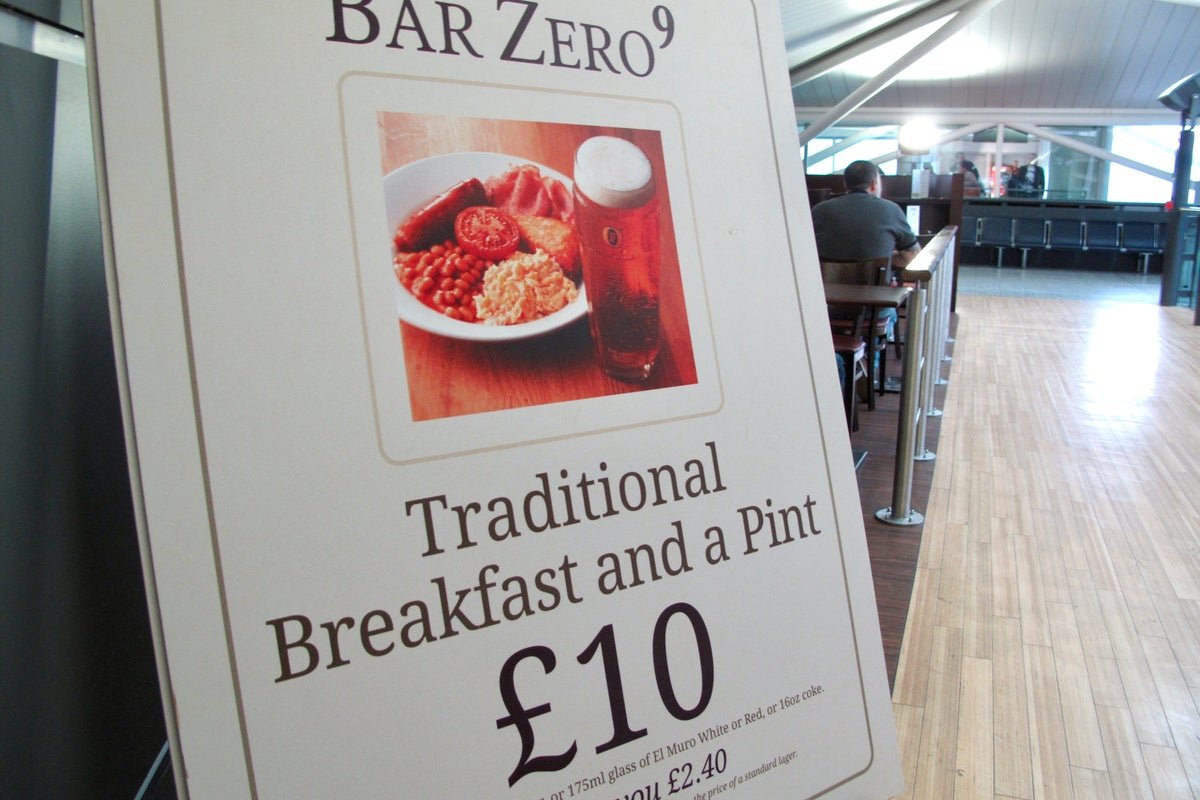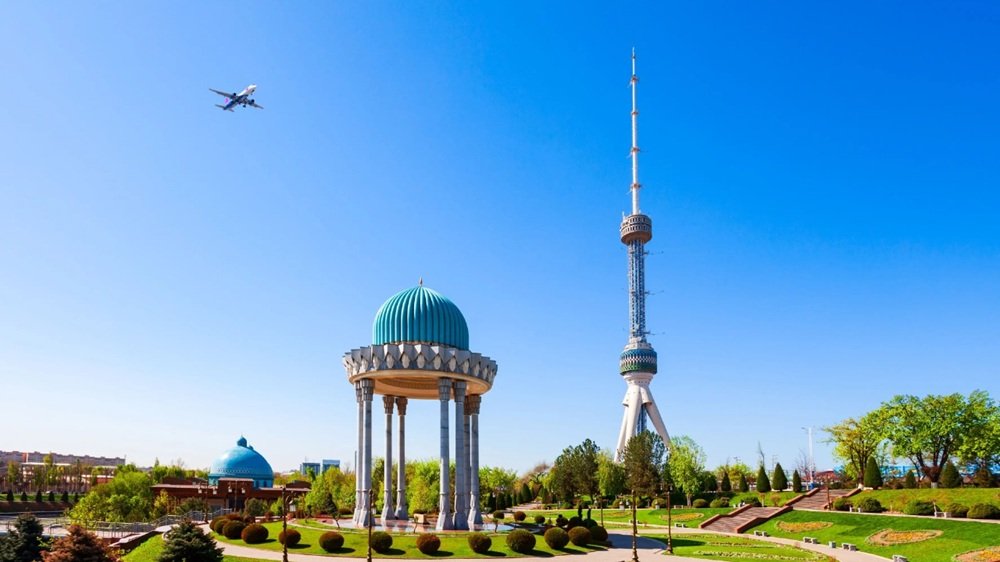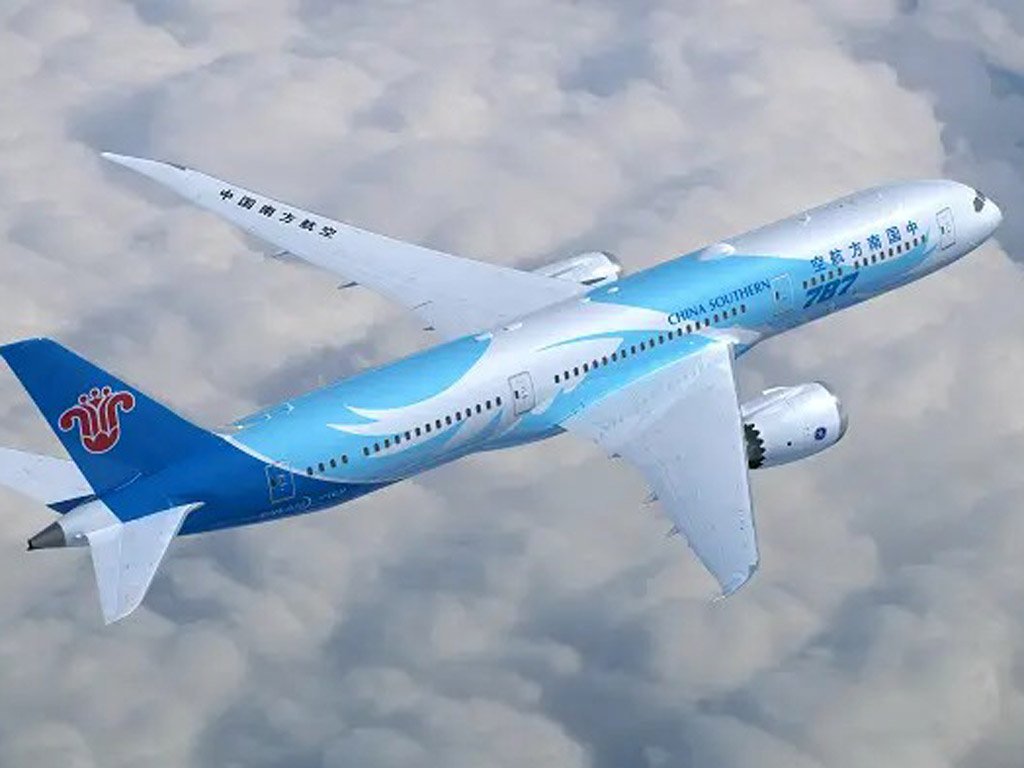Flight Buzz
Airline passengers behaving badly: Is it time to test alcohol-free flights?

Air rage is terrifying. The Civil Aviation Authority receives “a number of harrowing letters” each year from passengers who witness “drunk and disruptive behaviour inflight”. The CAA says: “A small minority of thoughtless individuals can leave a much wider collection of fellow passengers distraught and upset.”
Disruption is happening more often. Globally, the number of “unruly passenger incidents” rose by 8 per cent last year, according to data from the International Air Transport Association (Iata).
Part of the increase in air rage reflects the 5.5 per cent growth in global flights in 2024 compared with the previous year. The remaining 2.5 per cent represents either a deterioration in passenger behaviour or an increasing propensity to report incidents – probably a bit of both.
Each of the 259 incidents a day (yes, about 11 per hour) will have been terrifying for passengers and crew on those flights. Any kind of disruption heightens risk for everyone on board: no one wants crew distracted from their primary task of ensuring safety.
Iata is calling for a system of on-the-spot fines for offenders. But should the law go further? Alcohol is a factor in many air-rage cases. But even if a passenger is drunk but docile, others may be put in danger.
Read more: £500 Ryanair fine for passengers with ‘air rage’
“An intoxicated passenger can become a danger to themselves and others on board the aircraft,” says Iata. “In the event of an abnormal or emergency situation, the intoxicated passenger would likely be less able to comprehend, cooperate, respond, follow instructions or evacuate the aircraft.”
Yet the airlines’ trade group also says: “Offering superior customer service and ensuring passenger satisfaction are common goals of airlines.
“Serving alcoholic beverages to passengers is a practice that has occurred for many years and will likely continue well into the future.”
But should it?
Alcohol is by no means the sole cause of air rage, and often it is just one element – with abuse of other substances and deprivation of nicotine often ingredients in incidents. But passenger access to alcohol is controllable.
One “soft” control is price. On my easyJet flight from Gatwick to Palma next month, I will hesitate to pay €7 (£6) for a small can of Moretti lager – which would increase the cost of my trip by about 10 per cent. Yet I can order a second beer at the same time for only an extra €3.95 (£3.40).
Arguing that subsequent drinks should actually cost more than the first one is unlikely to prove popular. But airlines must consider whether two-for-the-price-of-one-and-a-bit offers are wise.
Another piece of advice to carriers: trial alcohol-free flights. At this point you may be thinking: “What is Calder smoking?”
Well, tobacco actually plays a part in my argument. While you were probably not alive, let alone a smoker, in the late 1980s, I was both of the above.
In 1988, British Airways was handing out after-dinner cigars to passengers on Concorde, but at the same time trialling smoke-free flights. BA’s experiment was only on routes with multiple daily departures, with only one of the flights each day subject to a ban.
I happened inadvertently to book a Heathrow-Vienna trip on a smoke-free plane Despite my initial horror at being deprived of cigarettes for over two hours, I had to admit that the cabin experience was rather more pleasant. BA and other airlines soon stubbed out the practice worldwide (thankfully, so did I).
Banning alcohol in flight addresses only part of the problem, of course: the availability of drink at all hours at airports is another big concern. But to address the scourge of air rage, you have to start somewhere. Which airline will be courageous enough to try it? While no one enjoys an inflight drink more than I do, I promise to book a seat.
Flight Buzz
Centrum Air to launch direct Delhi–Tashkent flights in October, appoints Aeroprime as GSA in India

Uzbekistan’s largest private airline, Centrum Air, has announced the launch of direct scheduled flights between Delhi and Tashkent beginning October 3, 2025. The new route will operate twice weekly, on Tuesdays and Fridays, further enhancing air connectivity between India and Uzbekistan.
Indian travellers can look forward to affordable fares, convenient schedules, and a comfortable flying experience. The service will be operated using Centrum Air’s modern fleet, including the Airbus A320neo, A321neo, and widebody A330-300 aircraft.
Flight Schedule (Local Time)
- Delhi–Tashkent: 12:10 – 14:50 (Tuesdays & Fridays)
- Tashkent–Delhi: 06:55 – 10:55 (Tuesdays & Fridays)
In addition to direct connectivity, the new route will provide passengers from Delhi with convenient onward connections via Tashkent to destinations including Almaty, Istanbul, Dubai, Tel Aviv, Copenhagen, and more, strengthening Tashkent’s role as an emerging hub in Central Asia.
The airline has appointed Aeroprime Group as its exclusive General Sales Agent (GSA) in India. Under this partnership, Aeroprime will manage Centrum Air and its cargo arm My Freighter’s passenger and freight sales, support marketing initiatives, and ensure seamless service for both travellers and cargo customers in India.
Abdulaziz Abdurakhmanov, Founder and CEO of Centrum Air, said, “We are proud to open a direct link between Delhi and Tashkent. This route will not only provide convenience for travellers but also support Uzbekistan’s role as a regional hub, connecting India with Central Asia, Europe, and the Middle East.”
Abhishek Goyal, Executive Director & CEO of Aeroprime Group, added, “We are proud to be the Exclusive GSA in India for Centrum Air and to support the launch of these direct flights. This new route will provide Indian travellers with affordable and convenient access to Uzbekistan and beyond, opening immense opportunities for tourism, trade, and business travel.”
Flight Buzz
China Southern Airlines starts Guangzhou – Riyadh flights

China Southern Airlines has launched the first direct flights from Guangzhou, China, to Riyadh.
The new route will operate four times per week, adding more than 118,000 seats annually and strengthening air connectivity between Saudi Arabia and China.
China Southern Airlines will use an Airbus A330 aircraft with 285 seats in Business and Economy classes.
As the executive enabler of the National Tourism Strategy and the Aviation Strategy, Saudi Air Connectivity Program (ACP) supports the growth of the Kingdom’s tourism sector by enhancing international connectivity and developing new routes in partnership with public and private stakeholders.
Flight Buzz
India And China Prepare To Resume Direct Passenger Flights After Five-Year Suspension As Airlines File For Approvals – Travel And Tour World
-

 Brand Stories1 month ago
Brand Stories1 month agoBloom Hotels: A Modern Vision of Hospitality Redefining Travel
-

 Brand Stories1 month ago
Brand Stories1 month agoCheQin.ai sets a new standard for hotel booking with its AI capabilities: empowering travellers to bargain, choose the best, and book with clarity.
-

 Destinations & Things To Do1 month ago
Destinations & Things To Do1 month agoThis Hidden Beach in India Glows at Night-But Only in One Secret Season
-

 Destinations & Things To Do1 month ago
Destinations & Things To Do1 month agoUntouched Destinations: Stunning Hidden Gems You Must Visit
-

 AI in Travel1 month ago
AI in Travel1 month agoAI Travel Revolution: Must-Have Guide to the Best Experience
-

 Family Travel2 months ago
Family Travel2 months agoThings to Do Indoors in New Jersey
-

 Ways to Travel2 months ago
Ways to Travel2 months agoNCT Dream embarks on time-travel adventure in 5th album 'Go Back to the Future' – ABS-CBN
-

 Restaurants & Food5 months ago
Restaurants & Food5 months ago10 New Restaurants In Delhi NCR To Head To This Month
-

 Brand Stories2 months ago
Brand Stories2 months agoVoice AI Startup ElevenLabs Plans to Add Hubs Around the World
-

 Brand Stories1 month ago
Brand Stories1 month agoContactless Hospitality: Why Remote Management Technology Is Key to Seamless Guest Experiences


You must be logged in to post a comment Login